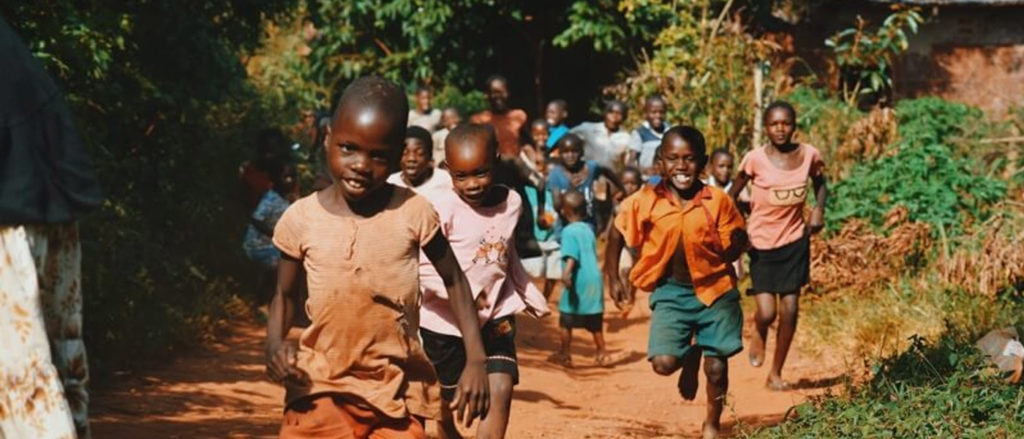Photo: Stephanie Keith/Getty Images via The New York Times
For years Jeffrey Epstein had sex and engaged in sex acts with minor girls at his mansion in Palm Beach, Florida. Many of these girls, some as young as 14, came from disadvantaged backgrounds, had experienced trauma, abuse and neglect. They were paid hundreds of dollars to perform sexual acts with Epstein and offered more money to recruit other girls. These are the hallmarks of people who are at-risk of trafficking, and of trafficking itself.
However, When allegations of this behavior first came to light in 2005, a grand jury in Florida heard from a single victim and “return[ed] an indictment of one count of solicitation of prostitution. The charges [do] not reflect that the victim in question and others were minors” (Miami Herald).
Epstein’s legal team and the Palm Beach police chief succeeded in listing the alleged crime as “child prostitution” in July 2006. Epstein pleaded guilty to this charge in June 2008 as part of a plea deal. Greater details of the legal case can be found in other places (including the Miami Herald and The New York Times).
Obviously, there were huge injustices and human rights abuses in this case. Unethical, factually incorrect and unacceptable language in law and in the media helped to perpetuate these injustices.
While the term “child prostitution” was once widely used has now been roundly rejected by the anti-trafficking sector and many media companies, including the Associated Press. “Child prostitution” misrepresents the experiences of minors who are victims of child sex trafficking and commercial rape, also known as child sexual exploitation. It “ trivializes the egregious abuse experienced by the most vulnerable members of our communities— our marginalized girls” (rights4girls). “Child prostitution” also implies that these children have choice, agency, have given consent to become prostitutes. However, children cannot consent to working in sex work. Beyond this, it implies that these child victims are in fact criminals, as prostitution is illegal in most US states and many prosecute those who solicit sex, including children.
As a result, child sex trafficking survivors who are branded “child prostitutes” are criminalized. 500 children were arrested for prostitution in the United States in 2016 (US Dept of Justice ). This is despite the fact that since 2000 Congress has recognized that anyone under the age of 18 who is induced to perform a commercial sex act by force, fraud or coercion is a victim of sex trafficking (section 103 of the Trafficking Victims Protection Act of 2000).
The way we use language matters. It matters when we seek to honor and dignify a victim’s experience in a truthful way. In this case, these children were victims of an established sex trafficking ring, not prostitutes.
The use of unethical language allowed Epstein to escape justice for more than a decade. He was originally charged with the misdemeanor of soliciting child prostitution. But because there is no such thing as a child prostitute, that charge should have been impossible. In reality he was a sex trafficker under the Trafficking Victims Protection Act. He is now being charged with those crimes, against an alleged 40 victims. Now that appropriate language is being used, his victims stand a better chance of getting the justice they deserve.
The use of “child prostitute” should be removed from all laws within the United States, and should no longer be used by NGOs or the third sector to describe the abuse experienced by child survivors of sex trafficking. When this happens, survivors will have a greater chance at justice, and the reality of their experiences will be truthfully represented in language.
 Lucy McCray After completing an MSc in Development Studies from the London School of Economics in 2015, Lucy moved to Northern Thailand. She is passionate about human rights, statelessness, anti-trafficking, family strengthening and telling stories of impact that honor and dignify those who are involved. She currently works as The Freedom Story’s Monitoring and Evaluation Manager, and is based in Chiang Rai, Thailand.
Lucy McCray After completing an MSc in Development Studies from the London School of Economics in 2015, Lucy moved to Northern Thailand. She is passionate about human rights, statelessness, anti-trafficking, family strengthening and telling stories of impact that honor and dignify those who are involved. She currently works as The Freedom Story’s Monitoring and Evaluation Manager, and is based in Chiang Rai, Thailand.




